
Inspiration for user experience design often arises from personal encounters with everyday annoyances—like struggling to grip a thin mug handle, attempting to extract Pringles from a too-narrow can, or enduring the discomfort of an ill-designed chair. Even seemingly trivial inconveniences, like stubborn apple stickers, can leave a lasting impression of poor user experience.
However, our individual experiences only scratch the surface. Many individuals face unique challenges, such as living with long-term disabilities or navigating complex family dynamics—issues that we might never encounter on our own.
As UX designers, it’s essential to broaden our perspectives and gain a deeper understanding of diverse viewpoints. In this blog post, I’ll recommend ten books that can offer fresh insights into User Experience Design.
by Leah Buhley
The User Experience Team of One is a good book for those who find themselves with limited resources, and are still looking to achieve success and effectiveness within their fields. Arming you with various different ways to approach situations, providing tips and good practices to refer to, it will provide you with immensely helpful advice in UX Design.
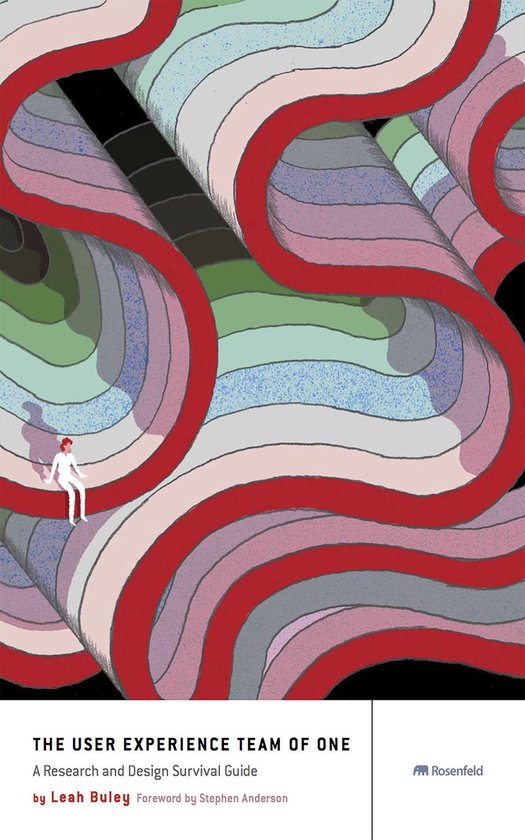
100 Things Every Designer Should Know About People brings the focus back to the main reason for UX Design, the people. The main goal of us UX Designers is to improve people’s experiences with products and services. Therefore, understanding people is a vital part of our work, and this book will help to cover insights of people’s behaviour. The book touches on behavioural science, finding out how people see, read and think, along with what motivates them to act in a certain way. This book will go a long way to assisting you as you continue to design better user experiences.
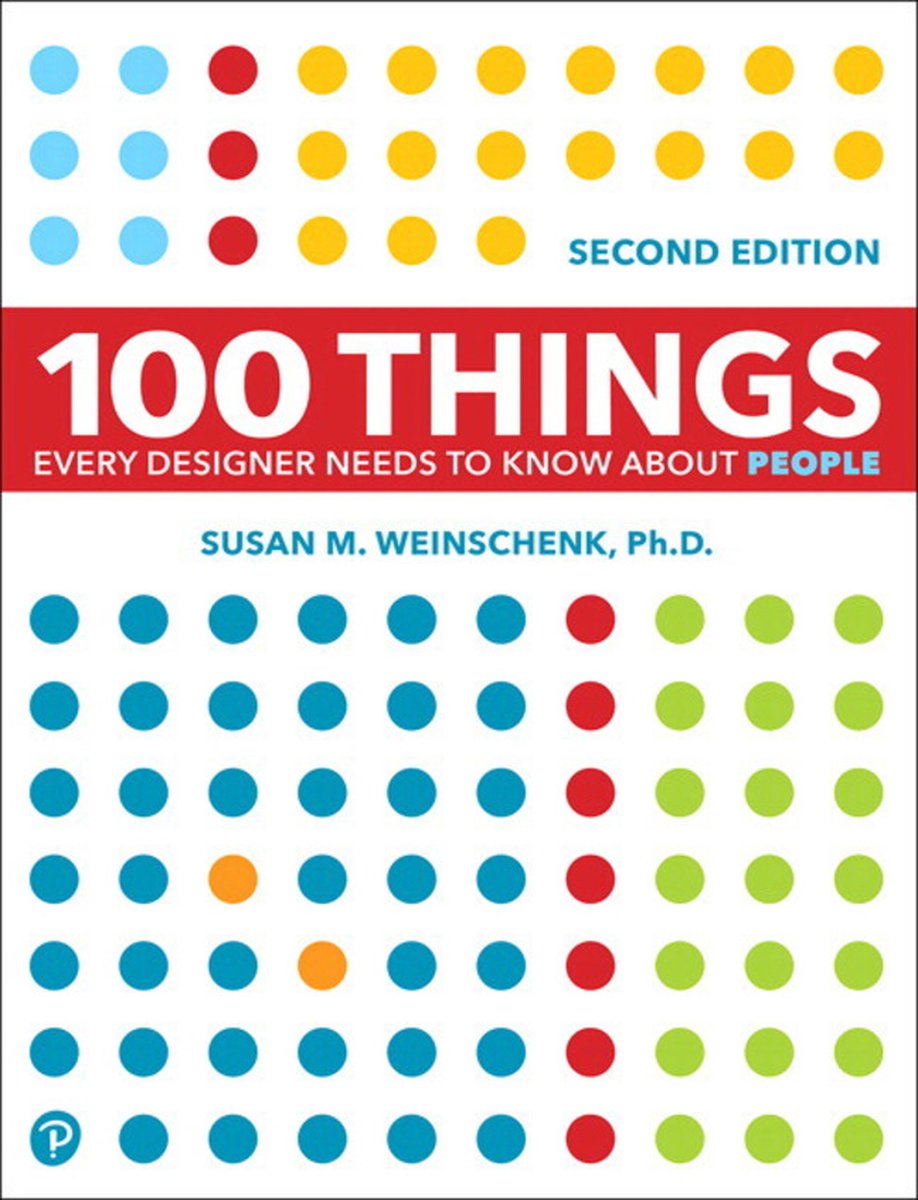
by Jeff Golthelf and Josh Seiden
Lean UX is a useful technique, often utilised in Agile Development methods, with the main goal to provide feedback as soon as possible. This differentiates itself from traditional UX research techniques, as it focuses more on the research than delivering a detailed result. It is extremely compatible with the Agile framework, where Lean UX mimics the rapid burst cycles.
In the book, Lean UX, it explores the various insights into how products, technology and UX can work in tandem, display the technique in action and provide various case studies and examples where it is well-used.

by Cynthia Savard Saucier and Jonathan Shariat
In Tragic Design: The Impact of Bad Product Design and How to Fix It, we are shown various reasons why poorly designed products could exclude, be displeasing or harmful to their users, even if it was not what the designers had intended. This book highlights the various issues that designers overlook and mistakes to avoid when designing.

by Don Norman
The well-known, Design of Everyday Things by Don Norman is often praised to be a good starting point as a reading material for designers, and with good reason as well. Design in our daily lives is what we interact with on a daily basis, and it has no doubt had a massive influence on our lives as well. As designers who shape the tools that will shape us in turn, acknowledging the design in everyday things may help to inspire some new ideas.
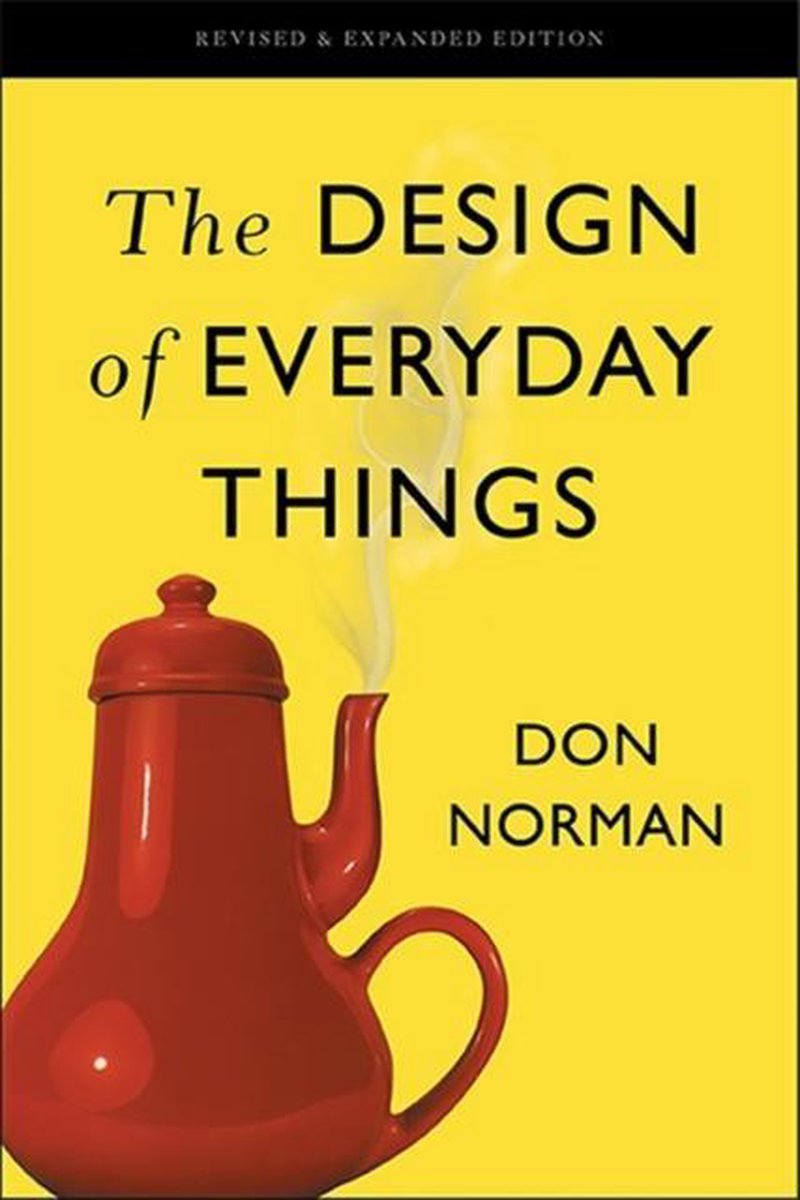
by Cynthia Savard Saucier and Jonathan Shariat
Just Enough Research is a great book that will help designers to understand how to properly reap the benefits of user research, covering methods and approaches to understand what to look out for, as well as sourcing out valuable information from the data collected. A valuable read that can help answer the many questions surrounding user research, and will be a helpful addition to your toolkit for UX design.

by Jeffrey Rubin, Dana Chisnell & Jared Spool
Usability testing can be tough to plan for both the experienced and inexperienced. A product that works well doesn’t matter if the users can’t understand or do not enjoy using it. Providing a step-by-step guideline to test your product for its usability, as well as insights into how the users expect the product to perform, the book shall be able to help you recognise usability factors, how and where to set up a usability test and more!
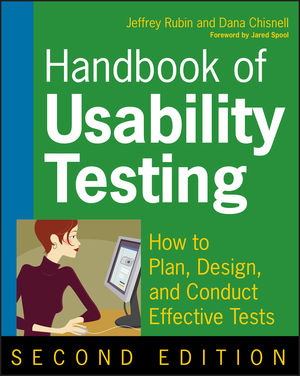
by Steve Krug
Don’t Make Me Think is a book that explores user intuition, and how our designs can influence how our users can instinctively react. Exploring into intuitive navigation and information design, this short and well-illustrated book with a wealth of examples would be an easy read to expand your knowledge on user experience!
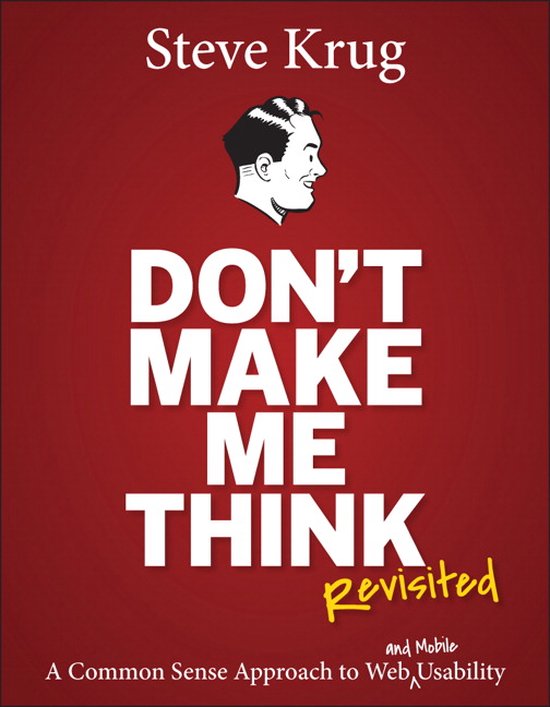
by Ellen Lupton
Design is Storytelling is a book filled with tools and insights to shape their user behaviours and engage with their users, through the use of design. The book covers plenty of illustrated examples and demonstrations that are fresh and concrete, a must-read book that would open up your repertoire and what can be done to improve on user experience.
A playbook for creative thinking, created for contemporary students and practitioners working across the fields of graphic design, product design, service design and user experience.
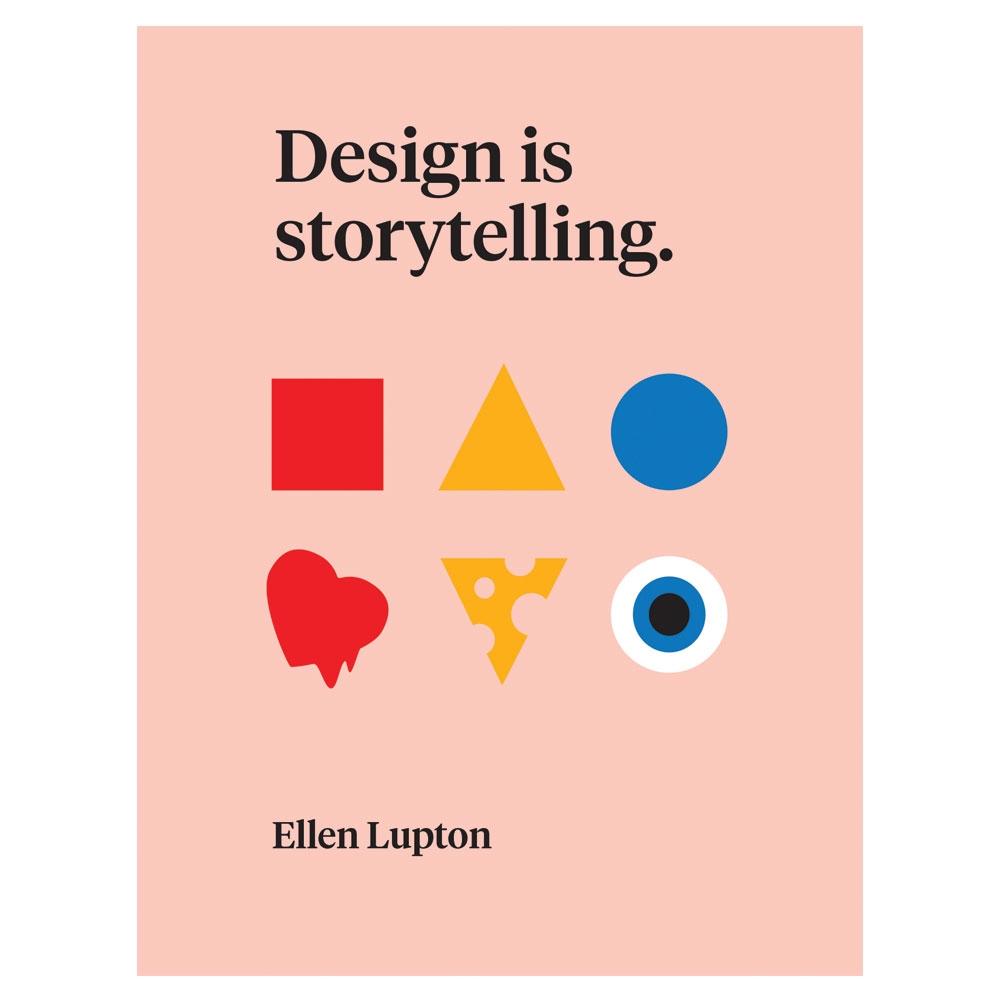
The field of Psychology is one that sounds completely unrelated to design, and yet it is one of the most valuable and important skill that a designer should acquire. Designs that force their users to conform to its whims often fail as users would not enjoy using it, and could even be a bigger hindrance. On the other hand, designs that is able to fit the user would be more successful as it is convenient and helpful to them, and they enjoy using it.
The book explains the various principles in psychology and how they can be applied in design to create a more initiative and human-centered product.

Conclusion
These recommended books are bit only the tip of the iceberg, the mountain of literature surrounding User Experience is far greater than most think, and this blog serves as just an introduction to a few of the many great books that will help to expand your tools and skills, and broaden your horizons to create a product that strives to provide its users with the best user experience.